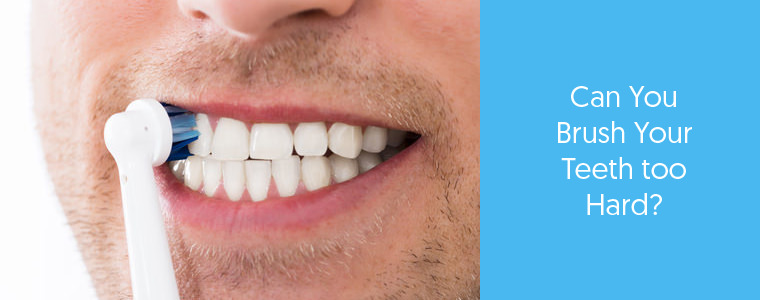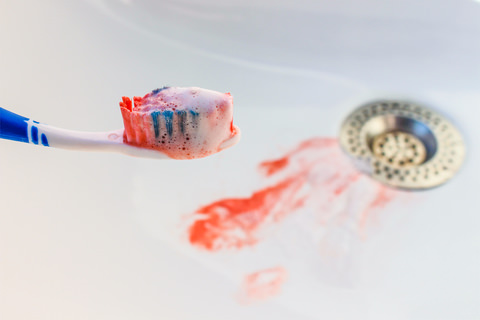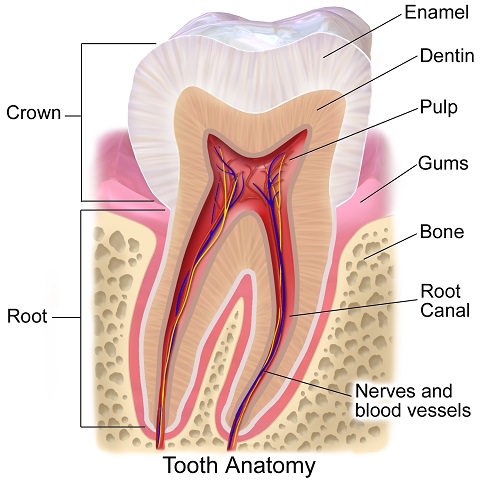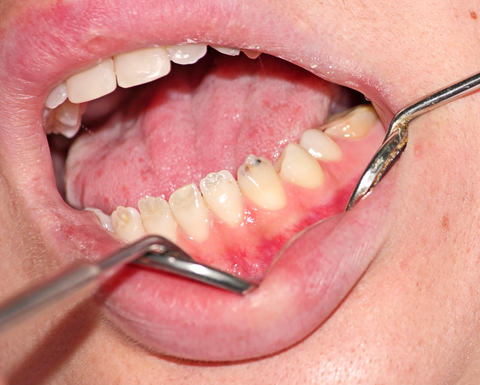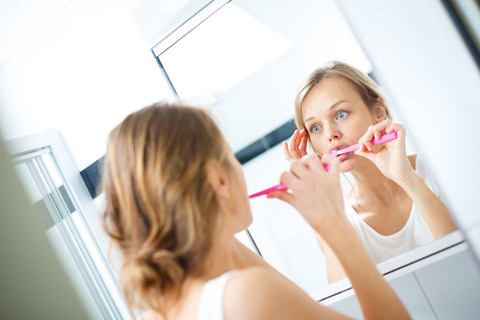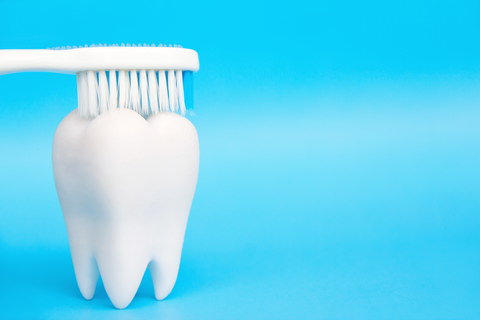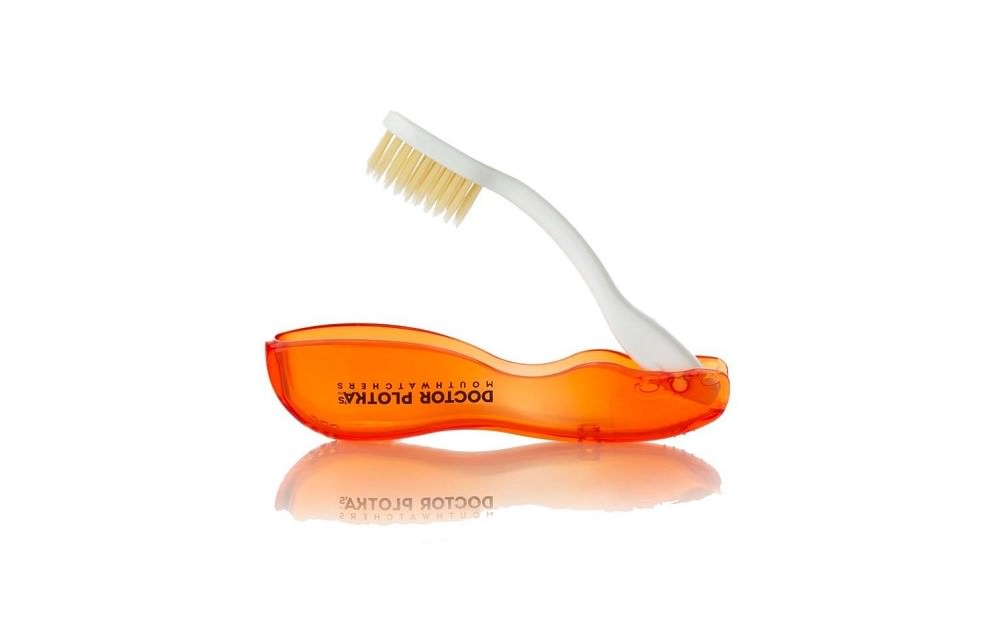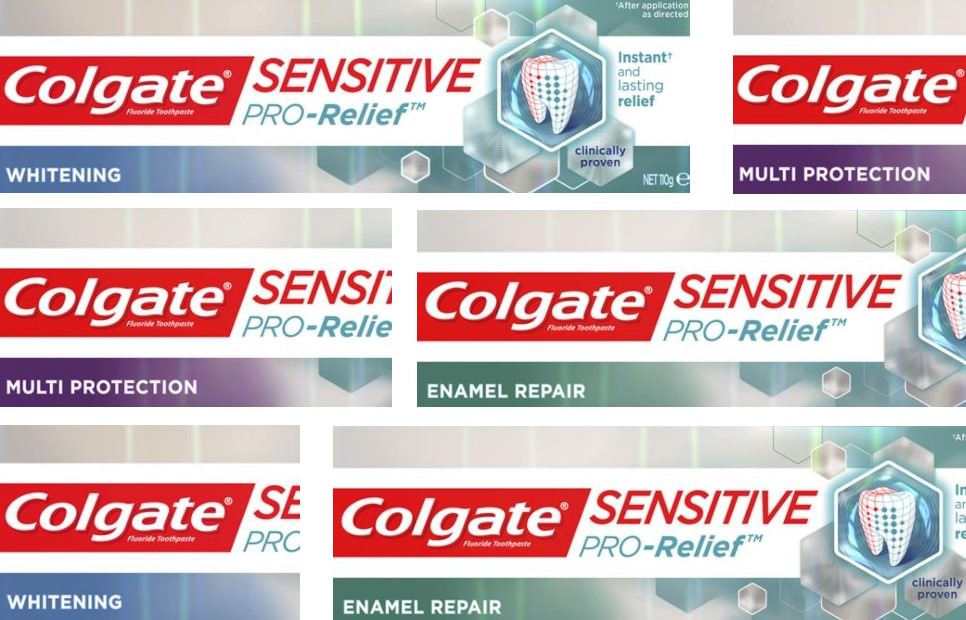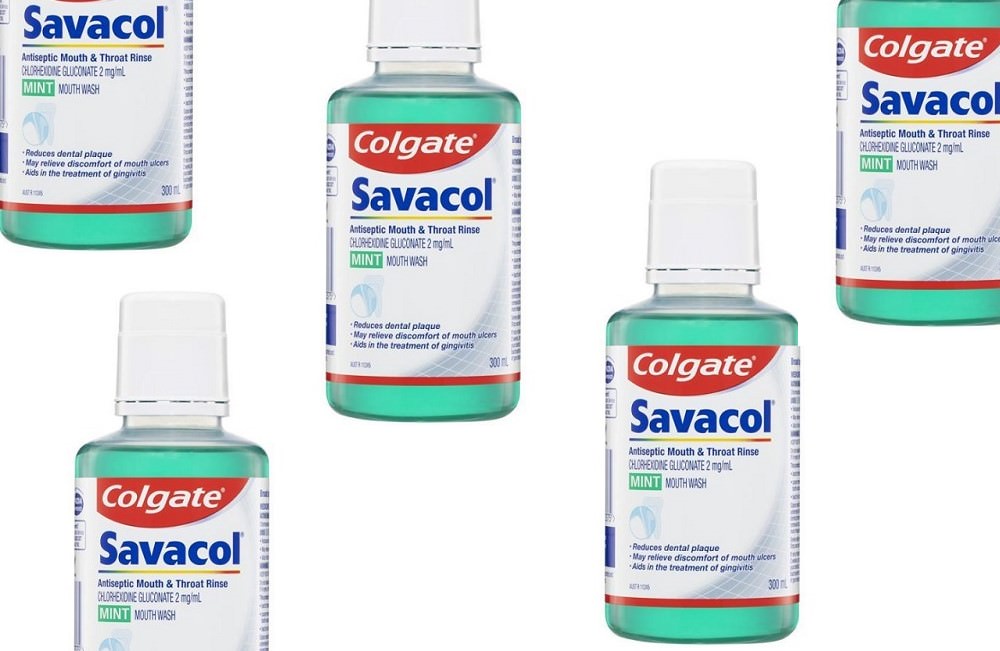Is There Such a Thing as Brushing Your Teeth Too Hard?
Brushing your teeth too hard is a mistake most people make. It is a common misconception, especially among youngsters, that the harder you brush, the better you clean your teeth.
And this couldn’t be further from the truth!
Everything has a proper technique, whether brushing, flossing or even rinsing. When we brush our teeth we must be gentle and let the soft toothbrush do the work it’s been designed to do.
If you are gentle as well as consistent when brushing your teeth, they will most likely stick around for a lot longer.
In this post, I’ll discuss why brushing your teeth too hard is something you should avoid and what you can do to improve your dental hygiene.
Let’s begin!
What Will Happen if I Brush Too Hard?
Brushing your teeth might seem effort-intensive and “hard,” but in reality, it requires a very delicate approach and finesse.
“People can kill their teeth with kindness”
– Dr. Peter Alldritt –
Chairman Oral Health Committee, Australian Dental Association
Bleeding Gums
Teeth themselves may seem hard, but it is fairly easy to damage them and expose their softcore if proper care is not taken.
Teeth are kept in place with the help of gums, which aren’t as hard nor are they designed to bear as much force as your teeth can.
Brushing too hard can result in bleeding or otherwise damaged gums as the bristles keep pricking them.
Normal gums are pink and somewhat firm, but damaged, inflamed, or otherwise swollen gums give off a reddish colour and feel soft to the touch.
Worn Enamel
The reason why teeth are so hard is your enamel, the semi-transparent substance that forms a protective coating around the teeth.
It might seem that the enamel can take whatever we can throw at it, but that is not the case. Most new toothbrush’s bristles are mechanically rounded to make sure they do not damage the enamel while brushing.
However, after some use, the bristles’ round edges “break off,” giving them sharp needle-like edges that scratch the enamel’s surface upon being scrubbed on it.
When these brushes are scrubbed hard against the teeth, they keep scraping off the enamel, which will eventually give way and expose the dentine underneath.
Dentine isn’t as hard as enamel, which means it will easily rupture and lead straight to the pulp.
Exposed dentine means that the tooth becomes very sensitive to anything cold or hot. Even the cold morning breezes can become very uncomfortable as they touch the exposed nerve endings.
The harder you brush, the yellower your teeth will get, which is the exact opposite of the results you’re expecting! This is because the enamel is white, whereas the dentin has a somewhat yellow colour.
For older people, this becomes more of a problem because as people age, the enamel wears away and the dentine starts losing its blood supply.
Keep in mind; the enamel doesn’t have a blood supply, only the dentine does.
As the dentine loses its blood supply, it starts yellowing out further, to a point where it almost gets black! That is the reason why some old people have a few blacked-out teeth.
The same thing happens when a tooth dies. Worn down enamel can also invite several types of disease as bacteria then get a gateway into your teeth and you aren’t able to brush as effectively anymore.
Loosened Teeth & Tooth Death
Pressing hard against the tooth can loosen your teeth as well, as you push the teeth back hard. The harder you push, the more your gums will have to brace and adjust themselves.
When you stop applying said pressure, after some time the gums aren’t able to get back into position, exposing the pulp or the nerve endings directly!
This is very problematic as the loosened tooth, the exposed nerve ending or even a simple worn-down enamel may end up killing the tooth or lead to other tooth-related diseases. The dead tooth will start blackening out, provided it doesn’t fall out completely.
Worn-Down Gums
Not only can you wear down your teeth or prick your gums brushing too hard, but your gums also get susceptible to wear and tear. The major cause of that is that there is no enamel covering your gums.
So while your teeth can take hard brushing for some time, your gums can’t at all.
If gums wear down, they can lead the bacteria and other infectors straight to the pulp, inflating the gums and making teeth more sensitive.
Once the gum’s connection to the tooth’s roots is severed, that’s when the holes on the teeth’s walls start appearing.
The ailments as mentioned above are naturally irreversible, meaning you’d have to have synthetic and rather drastic measures for restoration of your teeth.
These measures may include veneering, root canal, or a complete replacement.
Why do People Brush Too Hard?
The main reason why people think brushing hard is the answer is simple: removal of plaque and other harmful deposits on teeth.
As clear and meaningful the person’s intentions may be, brushing hard is not the answer.
Soft plaque, the plaque that hasn’t set in completely and is relatively ‘new,’ can be removed by merely brushing your teeth. And that is precisely what’s lead to people believing that brushing hard can help with even the harder plaque.
However, once plaque hardens it becomes tartar, against which a brush has no chance whatsoever!
No matter how hard you rub your teeth, tartar can’t be removed, and you’re going to have to visit your dentist so that they may scrape off the plaque without endangering your enamel and in turn your teeth.
So How Should we Brush?
To start with, make sure you use a soft brush. Brushes come with soft, medium or hard bristles, each promising its own merits and demerits.
However, dentists recommend using a soft toothbrush as they are less likely to damage your teeth while you clean.
Apply a small amount of toothpaste of your choice to the head of your toothbrush.
Keeping it wet and lubricated, use a slow and soft round motion while brushing your top and bottom rows of teeth.
Spend around a total of 2 minutes (1 minute on each row) doing this routine. 2 minutes isn’t a set timeframe but just a recommended guideline.
If you consistently brush your teeth twice a day for only 1 minute, you’ll still get good results. Consistency is the key.
Hard Brushing
The harder you brush, the more likely you’ll do damage to your teeth instead of giving them a clean.
When we’re in a rush, especially in the morning, we are more likely to scrub our teeth hard and quicker to get out the door. This is something we should avoid.
In 2015, a study was published by the Journal of Clinical Periodontology that studied what happened to gums when people brushed their teeth “traumatically.”
It turned out that the most wear and tear on their gums were due to the following factors:
- Frequency of brushing.
- Scrub or horizontal brushing method.
- Bristle hardness.
- Duration.
- The frequency of changing toothbrush.
The study helped better to understand what tactics actually helped clean teeth and which tactics resulted in gingival recession and non-carious cervical lesions.
What to do if I’ve Damaged My Teeth Already by Brushing Too Hard?
There are some remedies for teeth that have lost or damaged their enamel, as mentioned above.
These include:
Cosmetic Dentistry
Cosmetic dentistry relates to any dental work that aims to improve the appearance of a person’s teeth or gums or simply improve or maintain their bite.
There are several types of cosmetic dentistry that may involve:
- Bonding.
- Veneering.
- Crowning.
- Gum Grafting.
- Gingivectomy.
- Teeth whitening (bleaching).
- Depigmentation of gums.
- Orthodontics.
The most common method of restoring teeth, however, is getting dental veneers.
A process where a layer of material is placed over the tooth to improve the appearance of your tooth’s surface, protecting it from damage.
Veneers can be designed in a range of materials, but the most common are either porcelain or composite.
Root Canal & Tooth Replacement
As a last resort, your dentist might recommend that you get either a root canal therapy or tooth extraction.
Although this might seem a bit excessive, it can be needed especially if your tooth is damaged and are among your canines or incisors.
If a dead or damaged tooth is left inside the mouth, the lack of blood to the enamel would turn it brown or black and ruin your smile.
The dentist will attempt to repair the damage via root canal therapy or simply recommend a replacement, whichever is more appropriate for your condition.
Pain & Discomfort Relief
Several desensitising agents that are available may help with pain and discomfort.
They come in shapes of toothpaste, rinses, varnishes, and gels.
These products block the tubules in dentine and enamel, covering the exposed nerve endings to disrupt the transmission of pain signals, helping you rest easy.
Conclusion
Brushing hard is tantamount to attempting to damage your teeth.
Saving 30 seconds by brushing hard and quick isn’t worth losing your perfect smile over.
Dentists recommend that you brush for a full 2 minutes, giving 30 seconds to each quadrant of your mouth, and if you feel even then that your teeth aren’t cleaning properly, you should visit your dentist and see if there is something you need to worry about.
So yes, brushing your teeth too hard is a thing—a thing you should avoid.
Take your time and go easy on your teeth, because their life depends on it!
By Dr. V
Created at November 15, 2018, Updated at January 25, 2025


